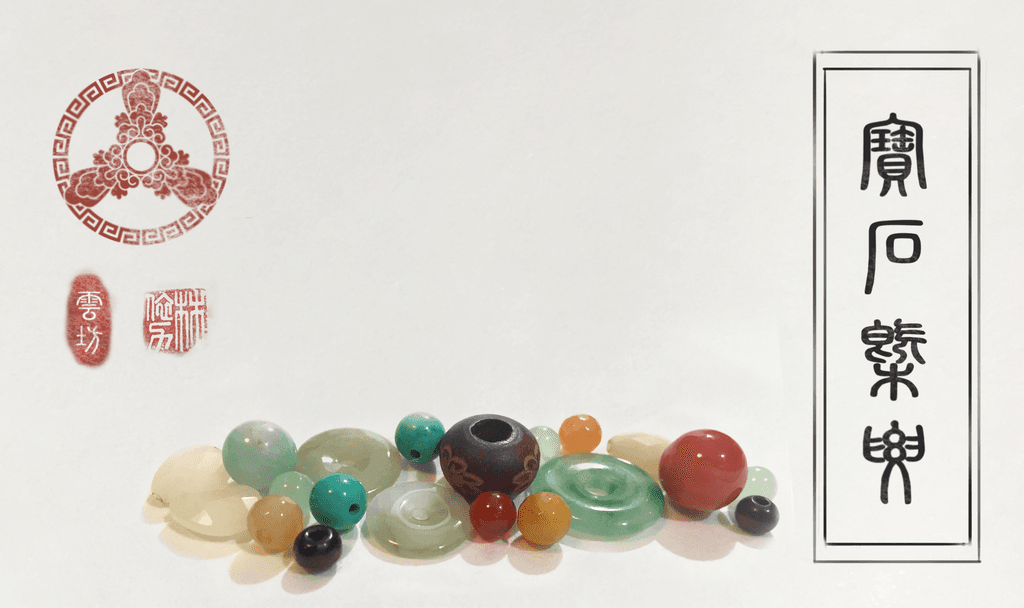On World Fair Trade Day, May 9, plenty of fashion companies are sure to use the hashtags #FairTrade and #WFTDay to promote their business model, toting their ethical supply chains or charity-through-commerce initiatives.
But when it comes down to it, “fair trade” is fairly fuzzy as it pertains to the fashion industry. Whether it’s manufacturers, designers, or retailers, there’s plenty of regulatory gaps throughout this tangled, globalized Web.
What’s Officially ‘Fair Trade’?
In the United States, some food products and ingredients are certified fair tradeby Fair Trade USA, a nonprofit that acts as a third-party certifier of U.S. companies’s products produced overseas.
Fair Trade USA primarily certifies agricultural goods, but in 2010 it extended its audits to cotton goods and apparel. So far, a handful of apparel companies are certified, the only popularly recognizable one of which is Patagonia, the sporting gear company.
Then there’s Fairtrade International, whose main work is also in agricultural products save for gold, and unprocessed seed cotton used in jewelry and apparel.
Finally, the Fair Trade Federation serves as a link between American and Canadian members and certified suppliers in the developing countries of Africa, Central America, South America, the Caribbean, and Asia.
Unlike the two organizations previously mentioned, the Fair Trade Federation (FTF) certifies wholesalers of handmade products and retailers working directly with producers, in addition to wholesalers of commodity products. Retail members of the FTF must source at least 85 percent of their inventory in accordance with Fair Trade Federation principles and wage standards. Many of these retailers sell gifts, clothing, and handmade jewelry.
Participation in all of these certification programs is voluntary. Companies that get certified are allowed to display a label on their products, signaling to the customer that they are “fair trade.” As for fashion and apparel specifically, there exists no international regulatory body or nonprofit.
Pressure Factories
The fair trade label, while comforting for a customer, often doesn’t truly take into account the human element.






